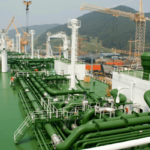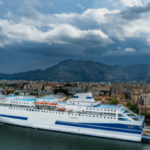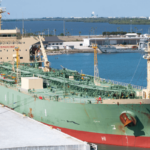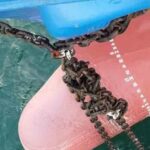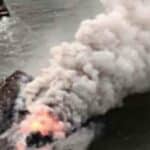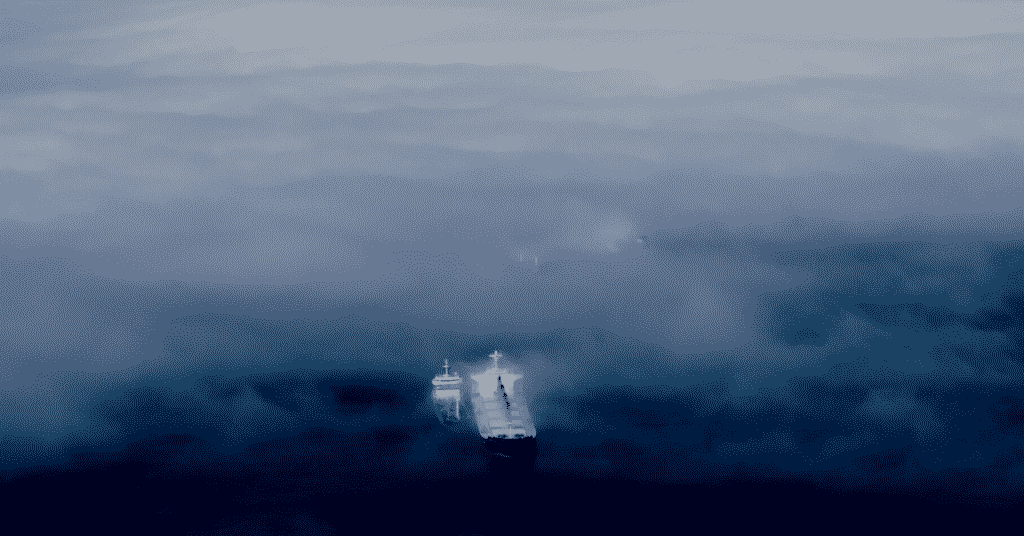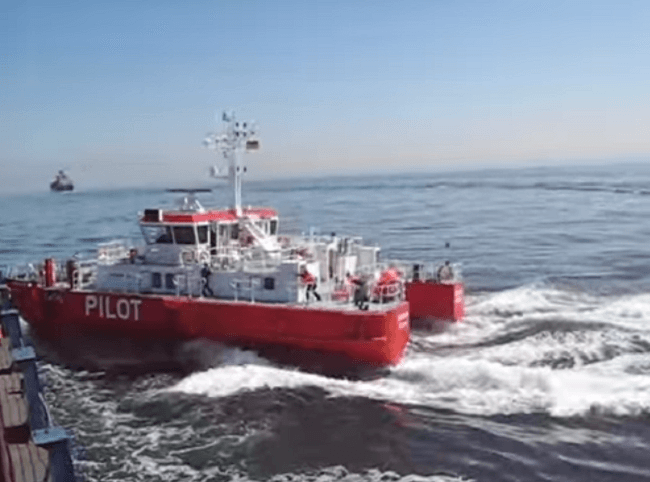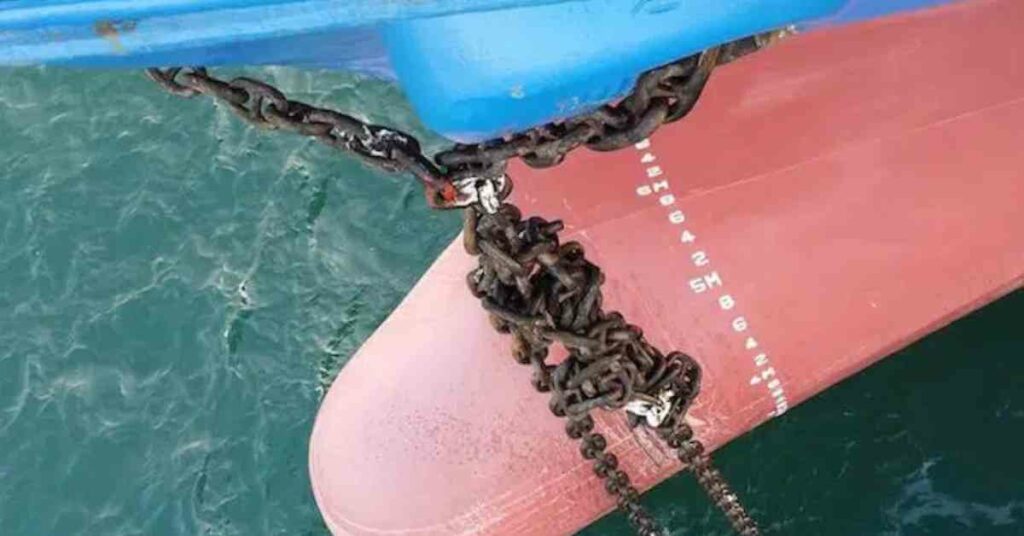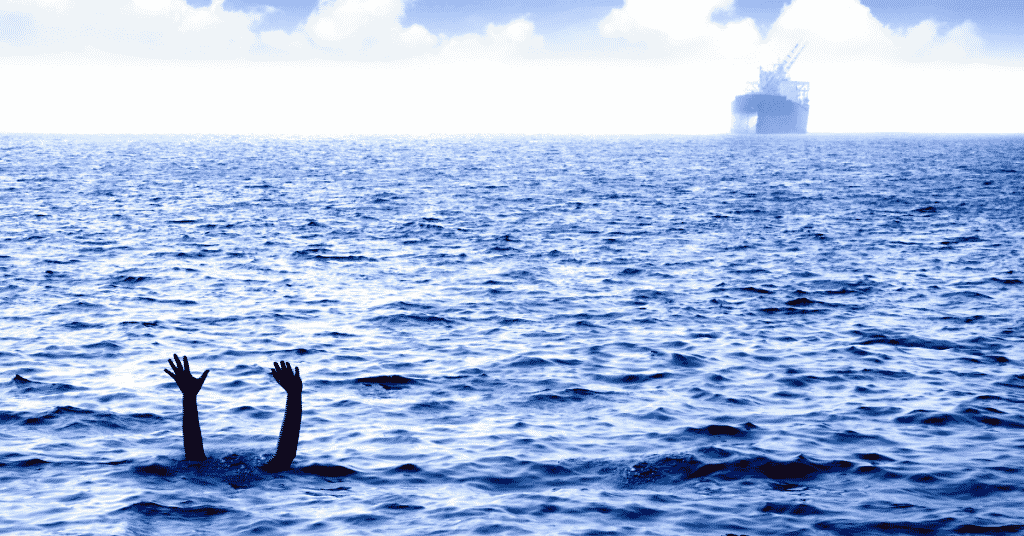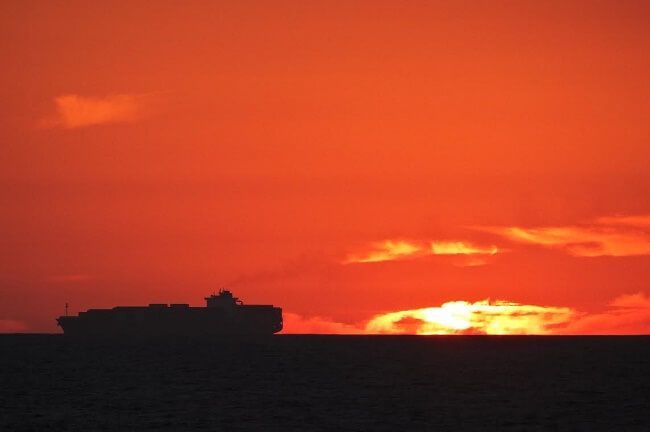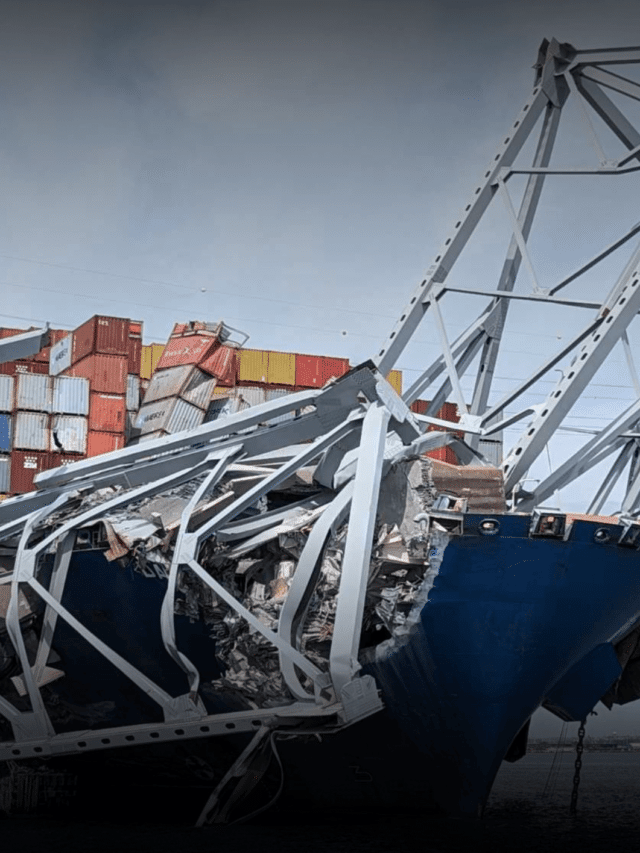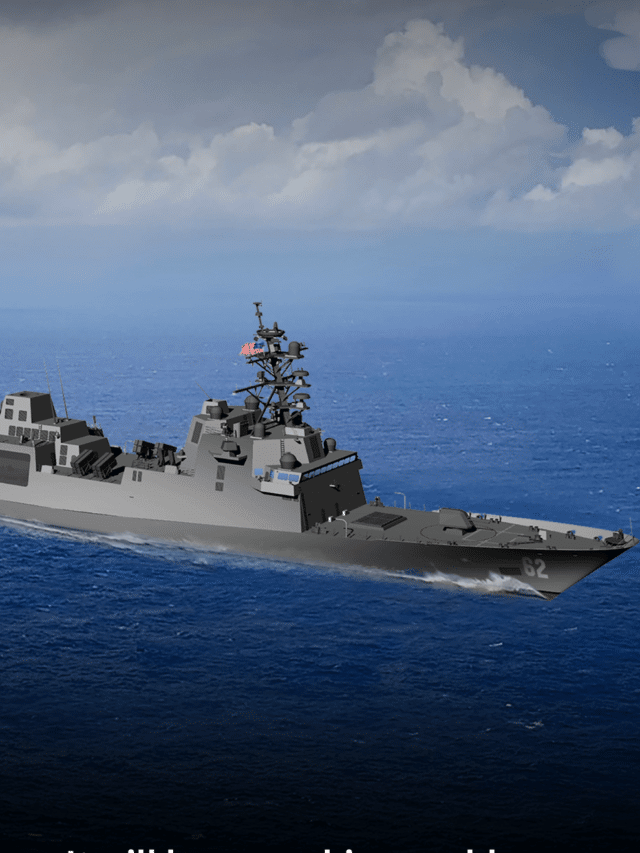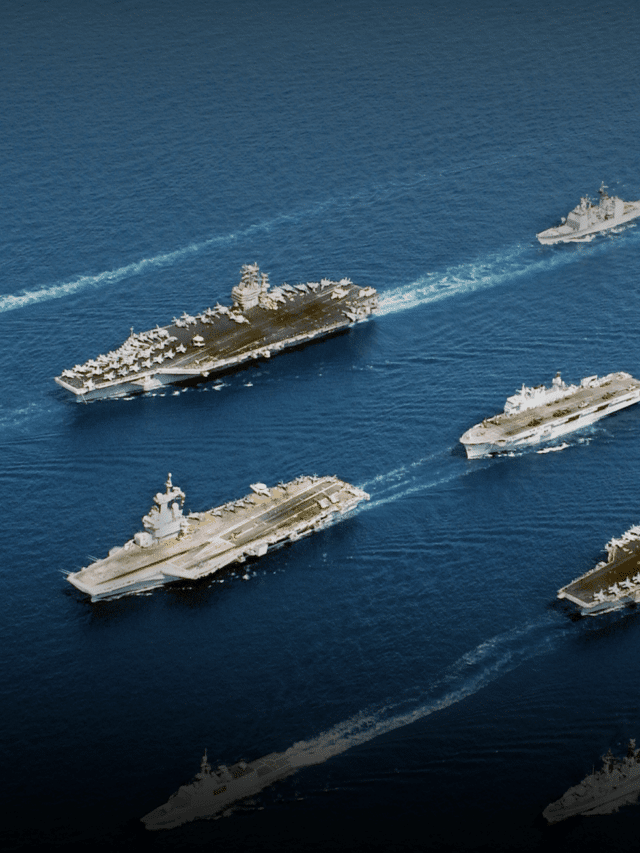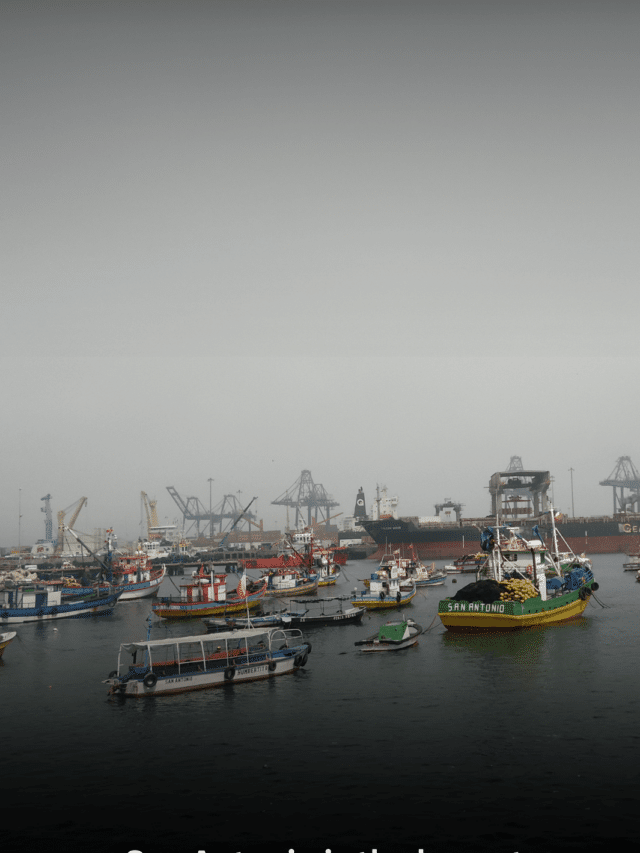Real Life Incident: Fire In Hold While Loading Scrap Metal
A general cargo vessel was loading scrap metal using a shore grab. Although the cargo declaration specified ‘scrap metal’, in practice there were other elements of refuse in the scrap metal stockpile such as old car tires, wood, foam plastic and other plastic materials and containers with small amounts of flammable liquid. The export company stated that the scrap metal cargo was allowed to contain 5% by weight of material that was not metal waste but also was not hazardous waste.
As loading progressed, smoke was seen coming from the cargo hold. After a short period, the smoke intensity increased and the loading was stopped. Port staff called the municipal fire service. Meanwhile, the ship’s crew were preparing their own hoses. The smoke intensity continued to increase and a nearby shipyard located downwind had to be evacuated.
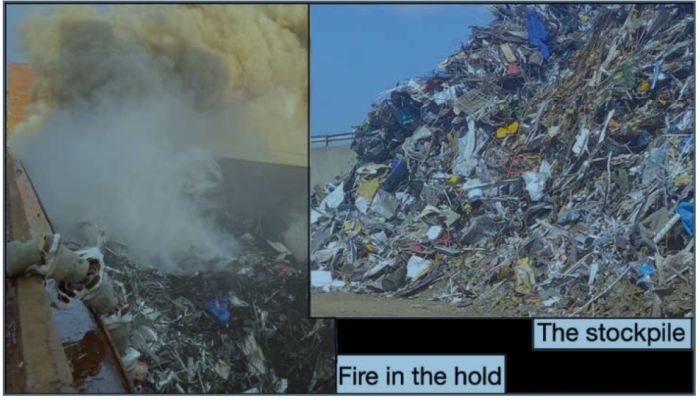
At this point, about 500 tonnes of metal waste had already been loaded. There was no fixed extinguishing system in the hold and the Master did not want excessive water in the hold because it could cause the vessel to become unstable. It was decided that the cargo would be unloaded and extinguished on the quay. However, the unloading operation had to be interrupted because the crane operator judged that the crane could be damaged from the heat of the fire.
The hold was scanned with a thermal camera which showed that the fire was still burning. Various extinguishing methods were discussed, including filling the hold with foam. After some stability calculations, the vessel was trimmed so that the water could collect in the forward part of the hold, which was empty. The excess water was then pumped off the vessel and collected in tanks to be carried away for decontamination. It took almost 12 hours to extinguish the fire, although in the end only
minor damage was suffered.
The investigation found that the fire was probably caused by sparks or frictional heat generated during loading, which then ignited flammable liquid or other flammable material within the load of scrap metal. The investigation concluded that management practices in regard to the scrap metal were less than adequate. In particular, the risks of handling metal waste mixed with combustible material had not been adequately assessed.
Lessons learned
- Sometimes, obvious risks are not seen until an accident happens. In this case, the oil contaminated objects and flammable refuse mixed in with the scrap metal were easy to spot. In cases like this, itis important to have the fortitude and firmness of character to stop loading (or not load) if nothing bad has yet happened.
- Vessels have capsized at berth to firefighting efforts by shore teams. Close coordination is between the Master and fire chief is needed in order to properly execute the extinguishing effort without further risk to the vessel.
Reference: The nautical Institute
Do you have info to share with us ? Suggest a correction
About Author
Marine Insight News Network is a premier source for up-to-date, comprehensive, and insightful coverage of the maritime industry. Dedicated to offering the latest news, trends, and analyses in shipping, marine technology, regulations, and global maritime affairs, Marine Insight News Network prides itself on delivering accurate, engaging, and relevant information.

About Author
Marine Insight News Network is a premier source for up-to-date, comprehensive, and insightful coverage of the maritime industry. Dedicated to offering the latest news, trends, and analyses in shipping, marine technology, regulations, and global maritime affairs, Marine Insight News Network prides itself on delivering accurate, engaging, and relevant information.
- Real Life Incident: Vessel Collision in Good Visibility
- Real Life Incident: Severe Injury To Deck Crew While Leaving Berth
- Real Life Incident: Departure Damage in Very Restricted Waterway
- Real Life Incident: Low Situational Awareness Has High Impact Consequence
- Real Life Incident: Fouled Anchor in a Designated Anchorage
- Real Life Incident: Fire On Barge Carrying Scrap Metal Causes $7 Million Worth Of Damage
Latest Case studies Articles You Would Like:
Subscribe To Our Newsletters
By subscribing, you agree to our Privacy Policy and may receive occasional deal communications; you can unsubscribe anytime.
Web Stories




